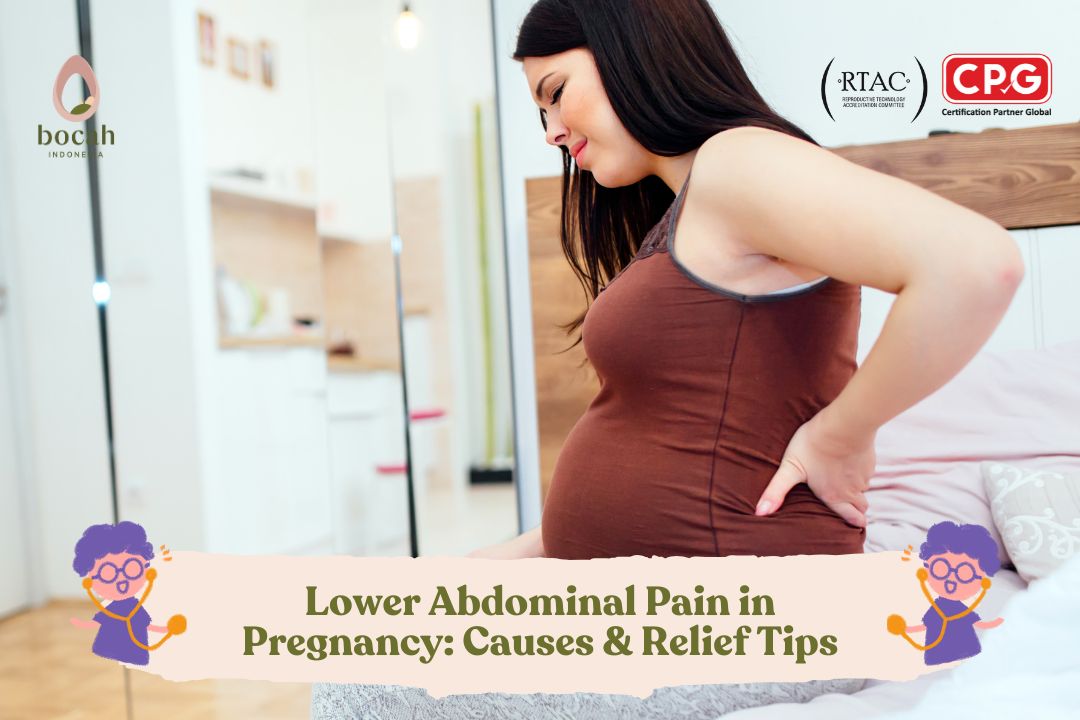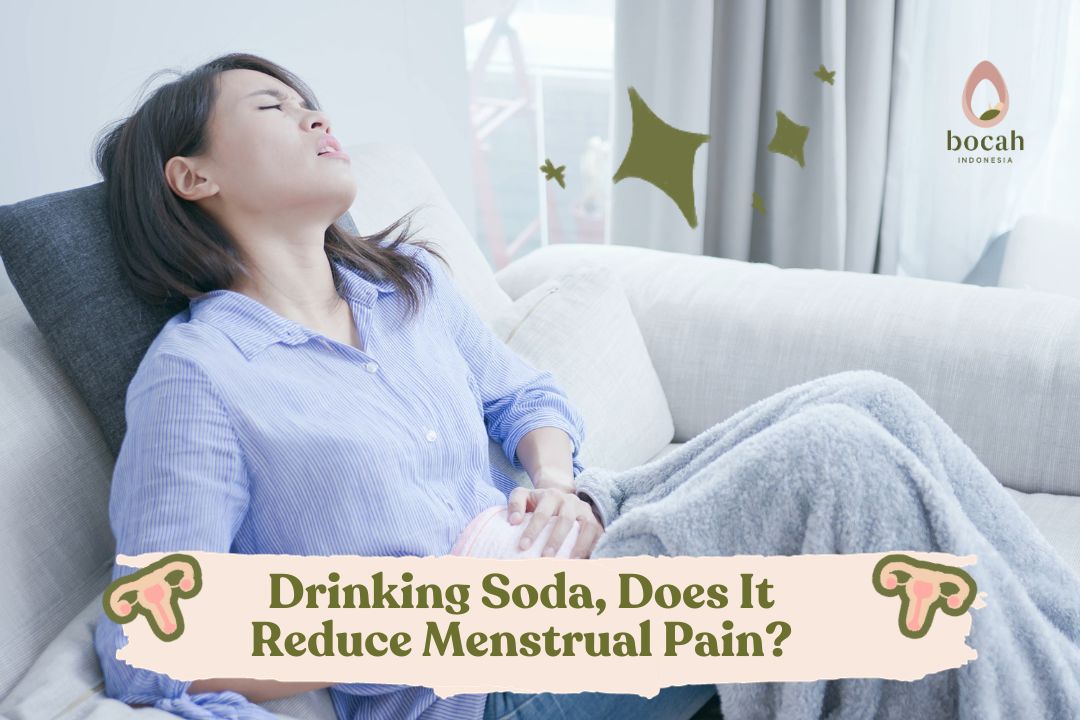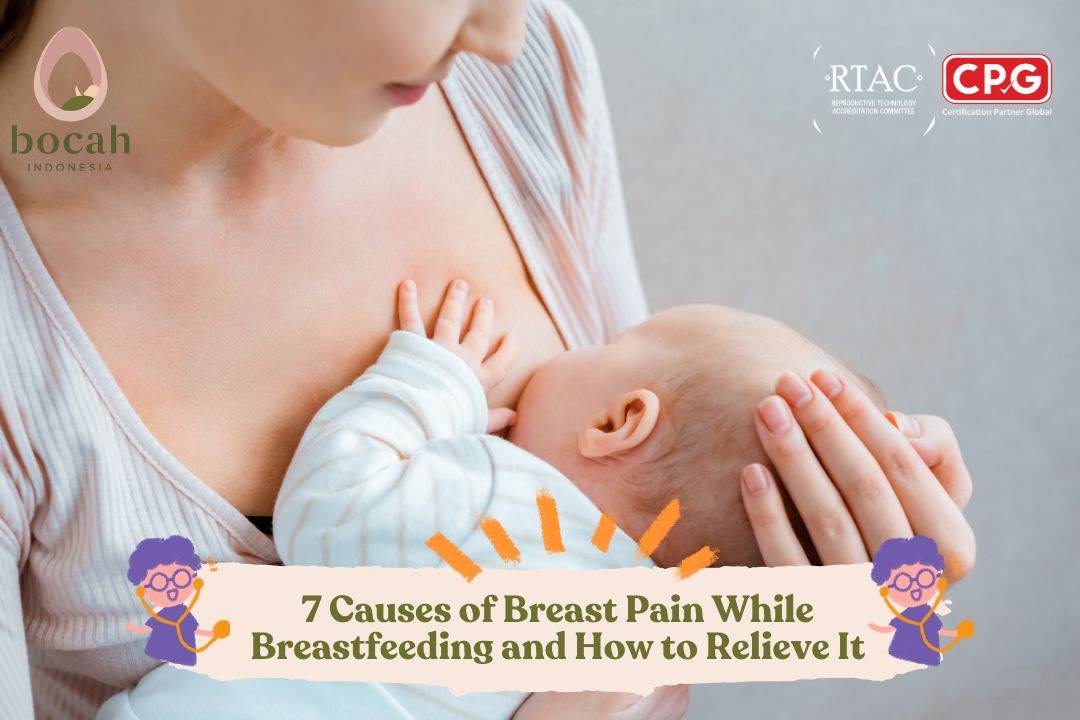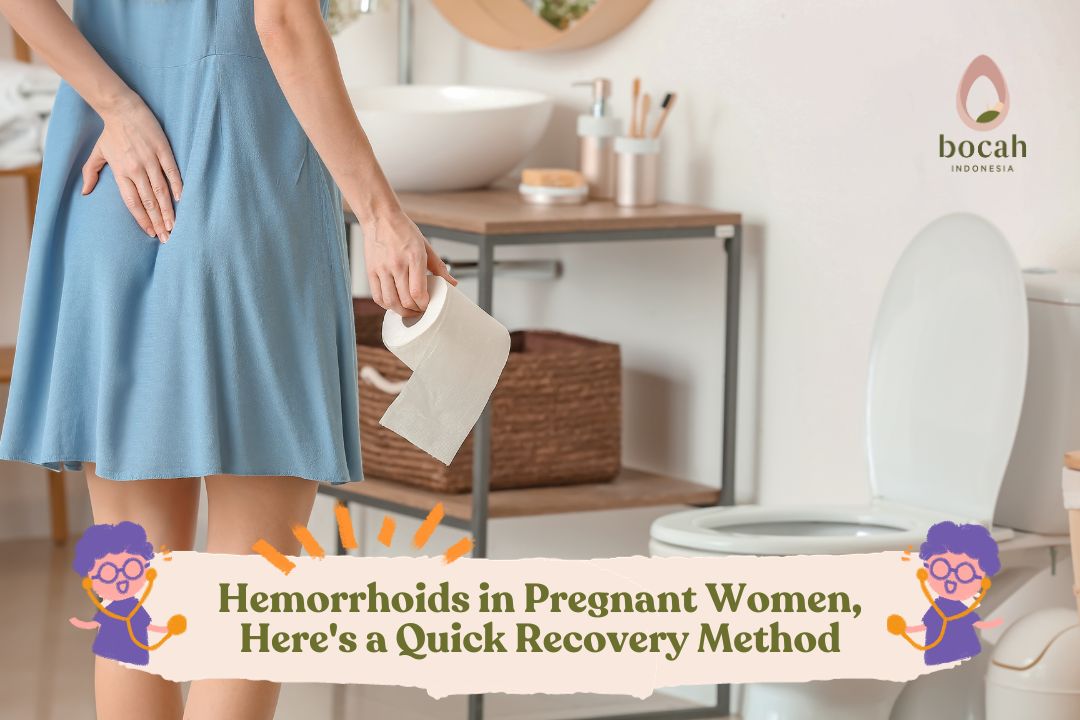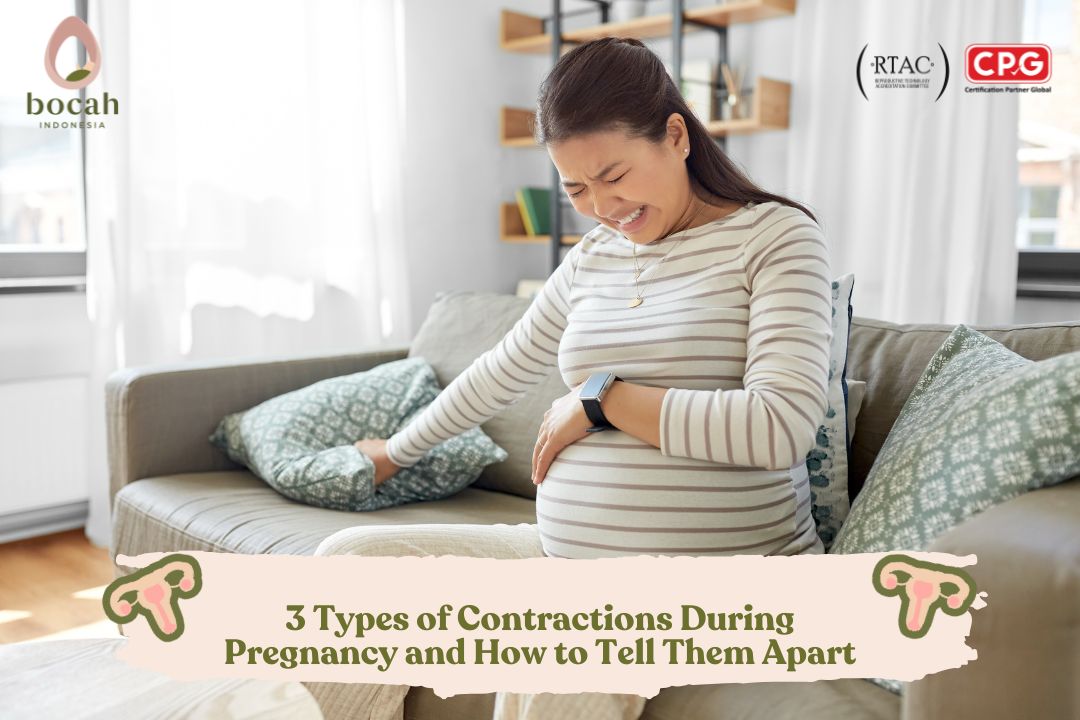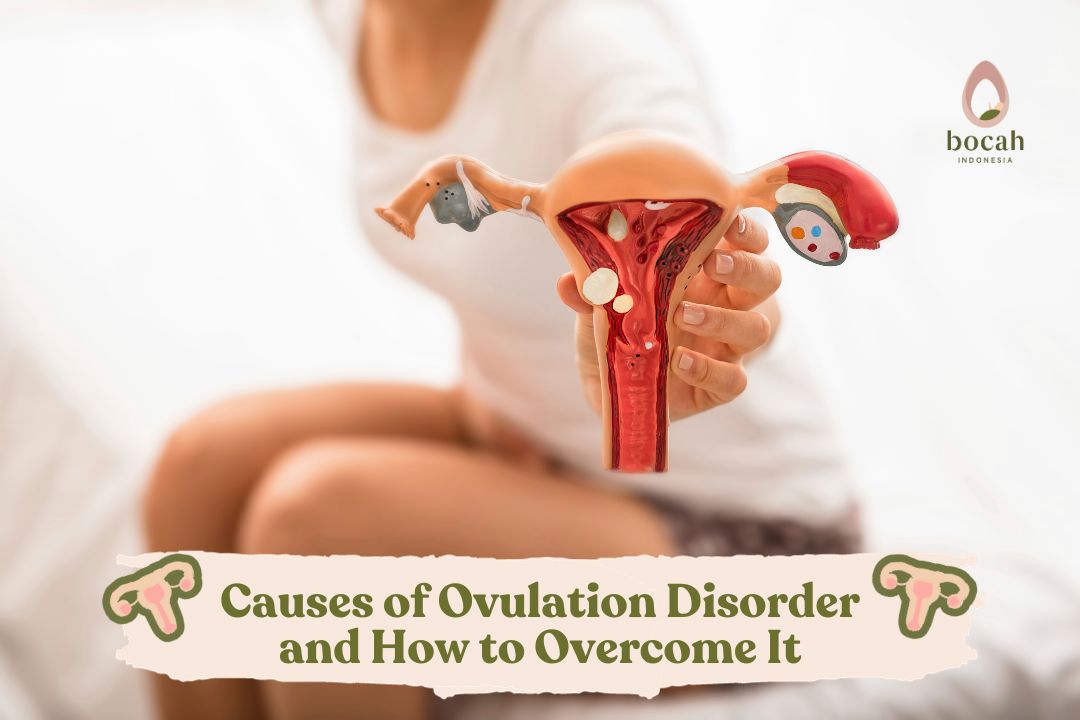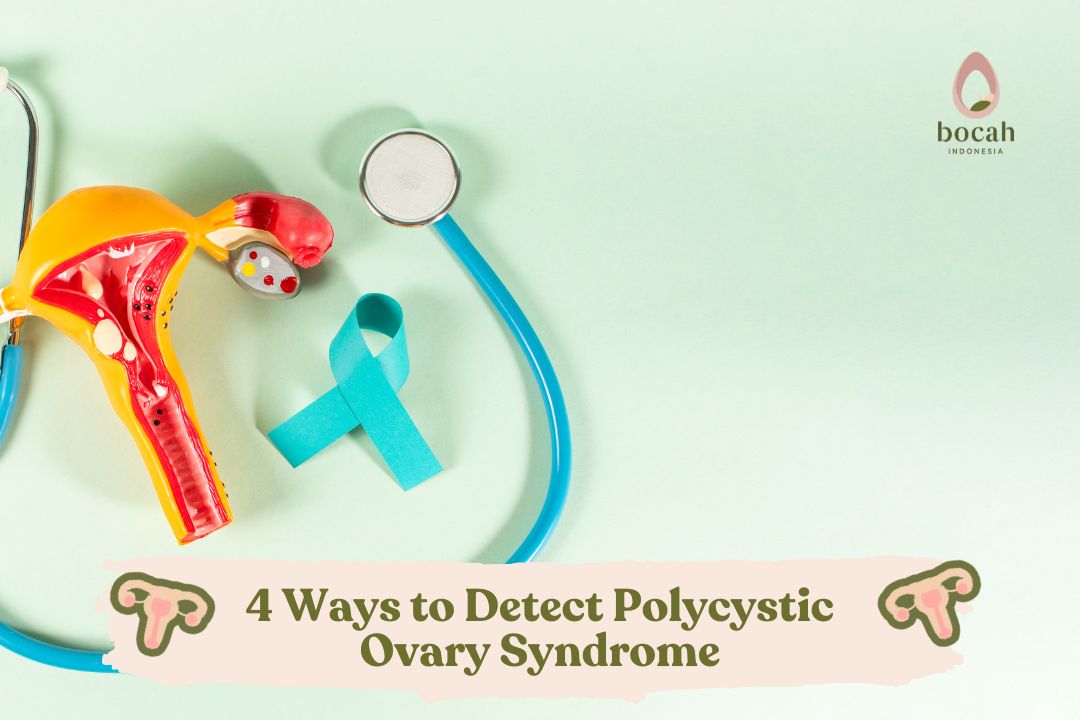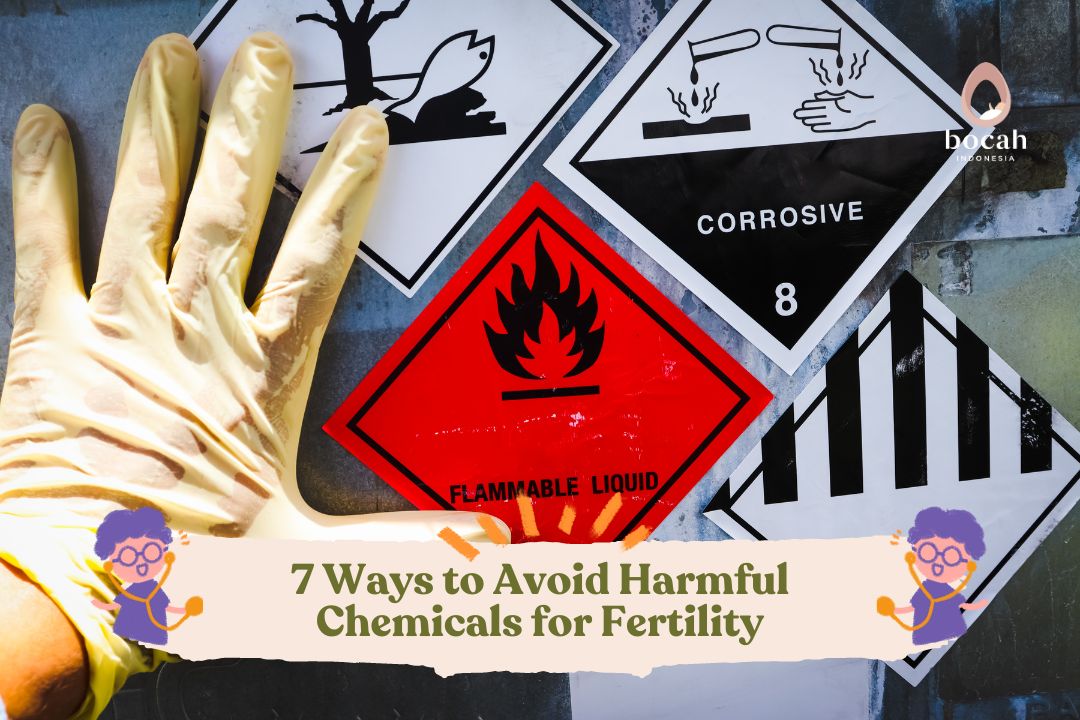4 Ways to Cope with Lower Abdominal Pain During Pregnancy
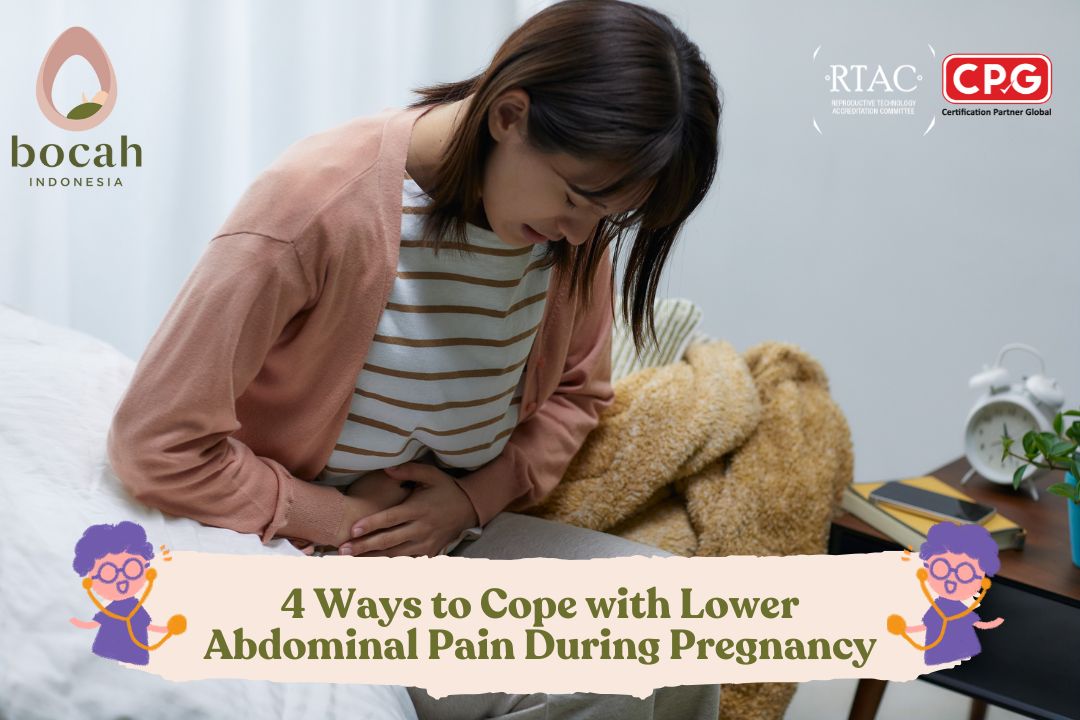
Lower abdominal pain is a common occurrence for pregnant women, often due to stretching ligaments. However, it can also signal a more serious medical condition.
If you are pregnant, do you often experience lower abdominal pain? This discomfort can radiate to your pelvis, groin, or inner thighs. For some women, this pain can last until the third trimester. Typically, the pain affects one or both sides of the abdomen. While this is a common issue during pregnancy, it can make daily activities uncomfortable.
What Are the Symptoms of Lower Abdominal Pain During Pregnancy?
Lower abdominal pain usually occurs during the second trimester and can come and go until the third trimester. This pain may be felt on one or both sides of the abdomen. In addition to pain, you may also experience cramps. This discomfort can intensify when you do the following:
- Coughing
- Sneezing
- Laughing
- Rolling over in bed
- Standing up suddenly
Experiencing these symptoms doesn’t mean you can’t go about your daily activities. It simply requires some adjustments to minimize the pain.
What Causes Lower Abdominal Pain During Pregnancy?
The pain is caused by the expanding size of the uterus, which can stretch the ligaments. The uterus is supported by connective tissues called ligaments to maintain its position. The pain can be more pronounced with sudden movements. Although it may only last for a few seconds or minutes, the lower abdominal pain can recur repeatedly.
Mulai Journey of Hope
This pain should be temporary and will usually subside on its own with rest. However, according to the American Pregnancy Association, there are some serious conditions that can cause ligament stretching, including:
- Placental abruption (the placenta detaching from the uterus prematurely)
- Urinary tract infections (UTIs)
- A lump in the lower abdomen (inguinal hernia)
- Ectopic pregnancy
- Stomach issues, such as gastroesophageal reflux disease (GERD)
Additionally, the pain may be caused by pre-existing liver or kidney conditions. In rare cases, this condition may signal a risk of premature birth.
How to Relieve Lower Abdominal Pain During Pregnancy
While the pain may go away on its own, there are several ways you can manage lower abdominal pain during pregnancy:
- Adjust Your Movements Abdominal pain is a normal experience for almost all pregnant women. To cope, you can adapt your movements. Try bending your body when you cough or laugh. It’s also best to avoid sitting or standing up suddenly. As your body gets used to these adjustments, the pain will become more manageable.
- Use a Warm Compress Another way to relieve abdominal pain is with a warm compress. Fill a bottle with warm water, wrap it in a clean towel, and place it on your lower abdomen. Be careful not to use water that is too hot, as this could be harmful to both you and your baby.
- Exercise Regularly Regular exercise can strengthen your abdominal muscles. Prenatal yoga is a safe option for pregnant women. You can do simple movements to relieve pain, such as getting on all fours, lowering your head, and arching your back upwards. If you want to try other exercises, consult your doctor first to ensure they are safe for your condition.
- Take Pain Relievers Paracetamol is often considered a safe pain reliever for pregnant women. However, it’s essential to consult with your doctor before taking any medication.
When to See a Doctor
While this condition can resolve on its own, you should seek immediate medical attention if the pain becomes unbearable or interferes with your daily activities, especially if you experience any of the following symptoms:
- Fever and chills
- Painful urination
- Pain that does not subside after a few minutes
- Difficulty walking
- Accompanied by bleeding
- Regular contractions before your due date
- A decrease in fetal movement
In some cases, lower abdominal pain can be a symptom of a specific pregnancy complication. Therefore, it is important to consult a doctor to determine the exact cause.
These are some of the causes and symptoms of lower abdominal pain during pregnancy. If you experience any of these severe symptoms, please see a doctor immediately
Source:
- Round ligament pain during pregnancy. American Pregnancy Association.
- Twidale, EK., et al. (2022). Unexplained abdominal pain in pregnancy and theuse of the term ‘Round Ligament Pain’: a single-centre New Zealand pilot cohort study. Research Square,
- 12 Foods to Help You Get Pregnant Faster - 03/03/2026
- 3 Juice Recipes for a Pregnancy Program - 26/02/2026
- 4 Risk Factors for Infertility That Can Affect Both Men and Women - 25/02/2026


